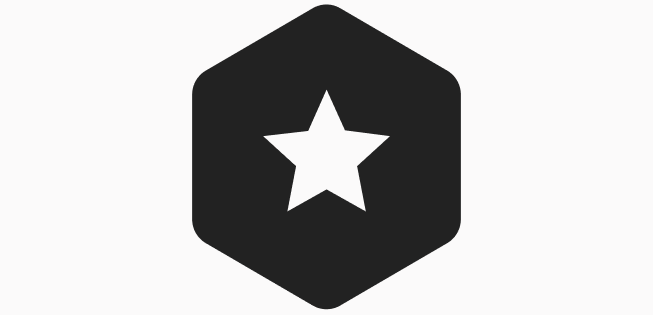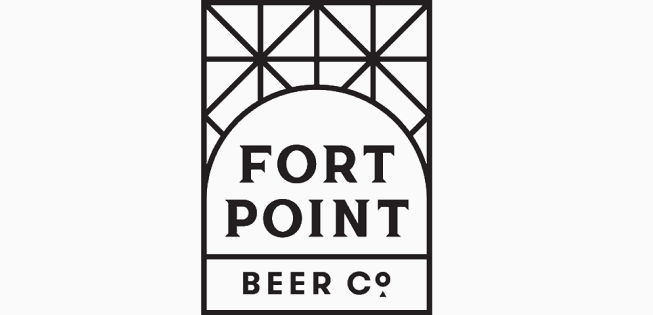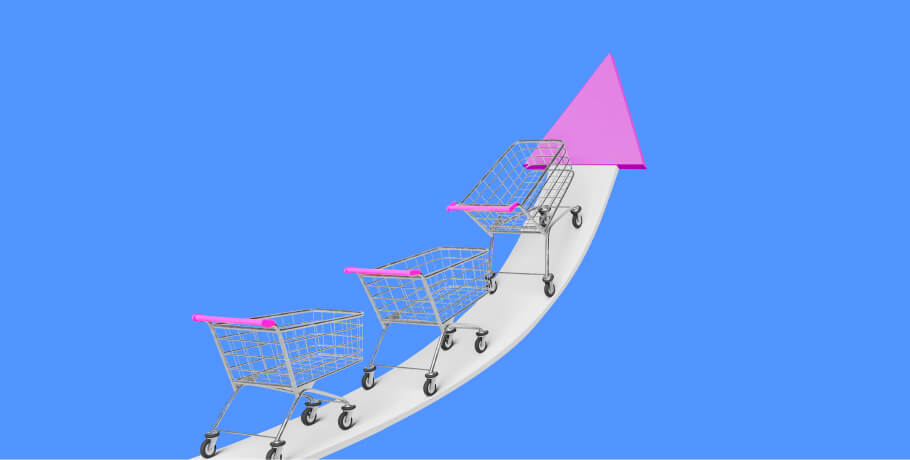claim your spot on our free startup advisory program
hire Golang developers
From small to massive enterprises, companies expand their development teams when they hire Golang developers with EPAM Startups & SMBs. Our talents are skilled in using the full suite of Go tools and frameworks, along with testing and debugging tools.
overall clients rating for quality of service
4-week join time
50+ locations
experts in your niche
flexible engagement
why hire Golang developers with EPAM Startups & SMBs
Our Go developers have expertise in the industry to deliver quality code to our clients worldwide. Equipped with the expert knowledge of the Golang programming language, our developers are ready to take on tasks of any complexity and deliver solutions for you within deadlines.
how to hire Go developers with EPAM Startups & SMBs
Golang services with EPAM Startups & SMBs
With a diverse experience in the industry and having worked with companies of all sizes, our full-stack and backend Golang developers can elevate your project and show an individual approach to your needs.
tap into 100+ more capabilities to build your software
Engage with a multi-competent team of developers, designers, and testers to build complex solutions for your users.
you are in good company
We at EPAM Startups & SMBs are happy to deliver excellent results and prove our expertise time and again with clients that range from small and medium to enterprise-size businesses.

We found working with EPAM has been a true partnership, where they’ve proven themselves to be a reliable, trustworthy and hardworking team that has really helped us push the boundary of customer-centric innovation.

The trusted EPAM team has helped us push the boundaries of customer-centric innovation. With programs like Horizon 4, we need the ability of our development partners to stay on track. And EPAM stands for that.

We chose EPAM to develop a native mobile extension of an existing enterprise application. They were able to quickly identify the needs of our project and collaborate with key individuals within our organization to not only deliver the application on-time, but make significant improvements to our existing core application.
pros & cons of Golang
When you are looking to hire Go developers, it is important to know the benefits and drawbacks of using Go programming language for your development project. Here are some of the pros and cons of using Go:
pros:
- Simplicity: Go has a simple syntax and fewer keywords, making it easy to learn and use for both beginners and experienced developers.
- Concurrency: Go was designed with concurrency in mind and has built-in features that allow developers to write concurrent programs with ease.
- Speed: Go is a compiled language, which means that it can be faster than interpreted languages like Python and Ruby.
- Memory Management: Go has a garbage collector that automatically manages memory, making it easier for developers to write code that is less prone to memory leaks.
- Cross-platform: Go supports multiple platforms, including Linux, macOS, and Windows, making it an ideal language for building applications that run on different operating systems.
cons:
- Immaturity: Although Go has been around for over a decade, it is still a relatively young language and has not been widely adopted by all industries and companies.
- Limited libraries: Go has fewer libraries and frameworks than other popular languages, which means that developers may need to write more code from scratch.
- Error handling: Go's error handling mechanism can be verbose and requires more code than some other languages, which can make it less efficient for some use cases.
- Lack of generics: Go currently lacks a generic type system, which can make some tasks, such as data manipulation, more difficult and verbose.
when to use Golang and when not to use it
Golang, or Go, is a versatile programming language that can be used for a variety of tasks. However, there are some cases where it might be more appropriate to use another language. Here are some situations where you should consider using Golang and when you should avoid it:
when to use Golang
- High-performance systems: Golang's built-in concurrency and memory management features make it an excellent choice for building high-performance systems that need to handle a large number of simultaneous requests.
- Web applications: Golang's speed and simplicity make it a great choice for building web applications, particularly those that need to handle a lot of concurrent connections.
- Network programming: Golang has built-in networking libraries that make it easy to build networking applications, including servers and clients.
- Distributed systems: Golang's support for concurrency and distributed computing makes it an excellent choice for building distributed systems that need to handle a large number of nodes and communicate efficiently between them.
- Cloud computing: Golang's support for concurrency and distributed computing also makes it an excellent choice for building applications that run in the cloud, particularly those that need to scale quickly and handle high volumes of traffic.
when not to use Golang:
- Data science: Golang lacks a strong ecosystem of data science libraries and tools, making it less well-suited for tasks such as machine learning and data analysis.
- Desktop applications: Golang is not a popular choice for building desktop applications, as it does not have many GUI libraries and tools.
- Legacy systems: If you are working with legacy systems that are built on other languages, it may not be worth the effort to switch to Golang.
- Large-scale web applications: While Golang is well-suited for building web applications, it may not be the best choice for very large-scale applications that require complex business logic.
- Front-end development: Golang is a server-side language and is not suitable for front-end web development tasks such as HTML and CSS.
what are the top Golang frameworks?
There are many frameworks available for Go that make it easier to build web applications, microservices, and other types of software. Here are some of the top Golang frameworks:
- Gin: Gin is a popular web framework that is designed for high-performance applications. It provides a fast router and supports middleware, making it easy to add features such as authentication, logging, and caching.
- Echo: Echo is a lightweight web framework that is designed for building RESTful APIs and web services. It provides features such as routing, middleware, and templating, making it easy to build scalable and maintainable applications.
- Beego: Beego is a full-stack web framework that is designed for building complex web applications. It provides features such as ORM, caching, and session management, making it easy to build scalable and secure applications.
- Revel: Revel is a high-productivity web framework that is designed to help developers build web applications quickly. It provides features such as hot code reloading, automatic code generation, and support for multiple templates engines.
- Buffalo: Buffalo is a modular web framework that is designed to help developers build web applications quickly. It provides features such as asset pipeline, database migrations, and authentication, making it easy to build secure and scalable applications.
- Goa: Goa is a framework for building microservices that provides a code generator to create service interfaces and their implementations. It also includes a tool for testing microservices.
- Fiber: Fiber is a fast and lightweight web framework that provides middleware support and is designed for building APIs. It provides a fast routing engine and supports features such as request logging, error handling, and static file serving.
These are just some of the top Golang frameworks available. The choice of framework will depend on your specific requirements and the type of application you are building.
the roles of a Go developer
A Go developer is a software developer who specializes in building software applications using the Go programming language. Their roles and responsibilities may include:
- Designing and developing applications: Go developers are responsible for designing and developing software applications using the Go programming language. They may work on a variety of projects, including web applications, microservices, and other types of software.
- Writing and testing code: Go developers write and test code to ensure that it meets the requirements of the application. They may work with other developers, quality assurance teams, and stakeholders to identify and fix bugs.
- Collaborating with other teams: Go developers may collaborate with other teams, including design, product management, and operations, to ensure that the application meets the needs of the business and its users.
- Maintaining applications: Go developers are responsible for maintaining and updating existing applications, ensuring that they continue to meet the needs of the business and its users. This may include fixing bugs, adding new features, and updating dependencies.
- Optimizing application performance: Go developers are responsible for optimizing the performance of applications to ensure that they run efficiently and meet the needs of the business and its users.
- Staying up-to-date with new technologies: Go developers need to stay up-to-date with new technologies and programming languages to ensure that they are using the best tools and techniques for their projects.
Overall, the role of a Go developer involves designing, developing, and maintaining software applications using the Go programming language. They need to have a deep understanding of software development principles and the ability to collaborate effectively with other teams.
hard skills of a Golang programmer
Here are some of the hard skills that a Golang programmer should possess at different levels of experience:
junior Golang programmer:
- Basic understanding of the Go programming language syntax, data types, and control structures
- Understanding of basic data structures and algorithms
- Basic understanding of networking protocols such as HTTP, TCP/IP, and UDP
- Basic understanding of database concepts and SQL
- Basic understanding of testing frameworks such as Go testing and testify
- Basic knowledge of version control systems such as Git
middle Golang programmer:
- Proficient in the Go programming language and its standard library
- Proficient in data structures and algorithms
- Proficient in network programming and protocols such as HTTP, TCP/IP, and UDP
- Proficient in database concepts, SQL, and ORM frameworks such as GORM
- Proficient in testing frameworks such as Go testing, testify, and Ginkgo
- Experience in working with APIs and microservices
- Experience in working with popular Golang web frameworks such as Gin and Echo
- Working knowledge of containerization technologies such as Docker and Kubernetes
- Familiarity with message queuing technologies such as RabbitMQ and Kafka
- Understanding of distributed systems and concepts such as load balancing and fault tolerance
senior Golang programmer:
- All of the above
- Experience in designing and implementing distributed systems
- Advanced knowledge of containerization technologies such as Docker and Kubernetes
- Working knowledge of cloud computing platforms such as AWS and Azure
- Understanding of software architecture patterns such as Domain-Driven Design and Event-Driven Architecture
team lead Golang programmer:
- Strong leadership skills and experience in leading and mentoring a team of developers
- Ability to design and architect complex software systems
- Ability to prioritize and manage project timelines and deliverables
- Ability to communicate effectively with stakeholders and manage expectations
- Extensive experience in working with Golang and other programming languages and technologies
- Ability to identify and mitigate risks in software development projects
front-end Golang programmer:
- Expertise in front-end web development technologies such as HTML, CSS, and JavaScript
- Familiarity with front-end frameworks such as React, Vue.js, and Angular
- Familiarity with RESTful APIs and microservices architecture
- Familiarity with Golang back-end development and web frameworks such as Gin and Echo
- Experience in working with JSON and other data exchange formats
full-stack Golang programmer:
- Proficiency in both front-end and back-end web development
- Familiarity with front-end frameworks such as React, Vue.js, and Angular
- Familiarity with Golang back-end development and web frameworks such as Gin and Echo
- Experience in working with RESTful APIs and microservices architecture
- Understanding of software architecture patterns such as MVC and MVVM
- Understanding of CI/CD pipeline
- Familiarity with databases and SQL, as well as ORM frameworks such as GORM
soft skills of a Golang developer
In addition to technical skills, a Golang developer should also possess a range of soft skills to be successful in their role. Here are some important soft skills for a Golang developer:
- Communication
- Teamwork
- Problem-solving
- Adaptability
- Time management
- Attention to detail
- Continuous learning
frequently asked questions
latest insights


